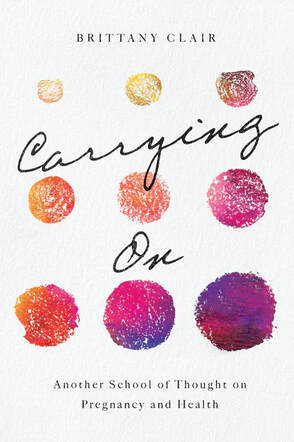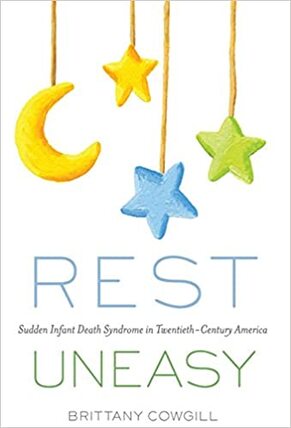
In the twenty-first century, expecting parents are inundated with information and
advice from every direction, but are often strapped for perspective on how to think
through it. Unlike traditional pregnancy guidebooks that offer recommendations,
Carrying On helps expecting parents make sense of the overwhelming amount of counsel available to them by shedding light on where it all came from. How and why did such confusing and contradictory guidance on pregnancy come to exist?
Carrying On investigates the origin stories of prevailing prenatal health norms by
exploring the evolution of issues at the center of pregnancy, ranging from morning
sickness and weight gain to ultrasounds and induction. When did women start taking
prenatal vitamins, and why? When did the notion that pregnant women should
“eat for two” originate? Where did exercise guidelines come from? And when did
women start formulating birth plans?
A learning project with one foot in the past and the other in the present, Carrying On
considers what history and medicine together can teach us about how and why we treat pregnancy – and pregnant women – the way we do. In a world of information overload, Carrying On offers expecting parents the context and background they need to approach pregnancy and prenatal health from a new place of understanding.

“Rest Uneasy is an exceptionally well-written, thoroughly researched account of the identification and labeling of a medical problem and the consequences of those labels.”
-- Kathleen Jones, Virginia Tech
"Cowgill illuminates the fascinating and complex history of Sudden Infant Death Syndrome (SIDS) in the twentieth century. Her careful and detailed analysis shows why this was more than a discrete medical problem or a private family tragedy and how its meaning and interpretation changed in light of both scientific studies and cultural changes."
-- Janet Golden, author of Babies Made Us Modern: How Infants Brought Americans into the Twentieth Century
-- Kathleen Jones, Virginia Tech
"Cowgill illuminates the fascinating and complex history of Sudden Infant Death Syndrome (SIDS) in the twentieth century. Her careful and detailed analysis shows why this was more than a discrete medical problem or a private family tragedy and how its meaning and interpretation changed in light of both scientific studies and cultural changes."
-- Janet Golden, author of Babies Made Us Modern: How Infants Brought Americans into the Twentieth Century